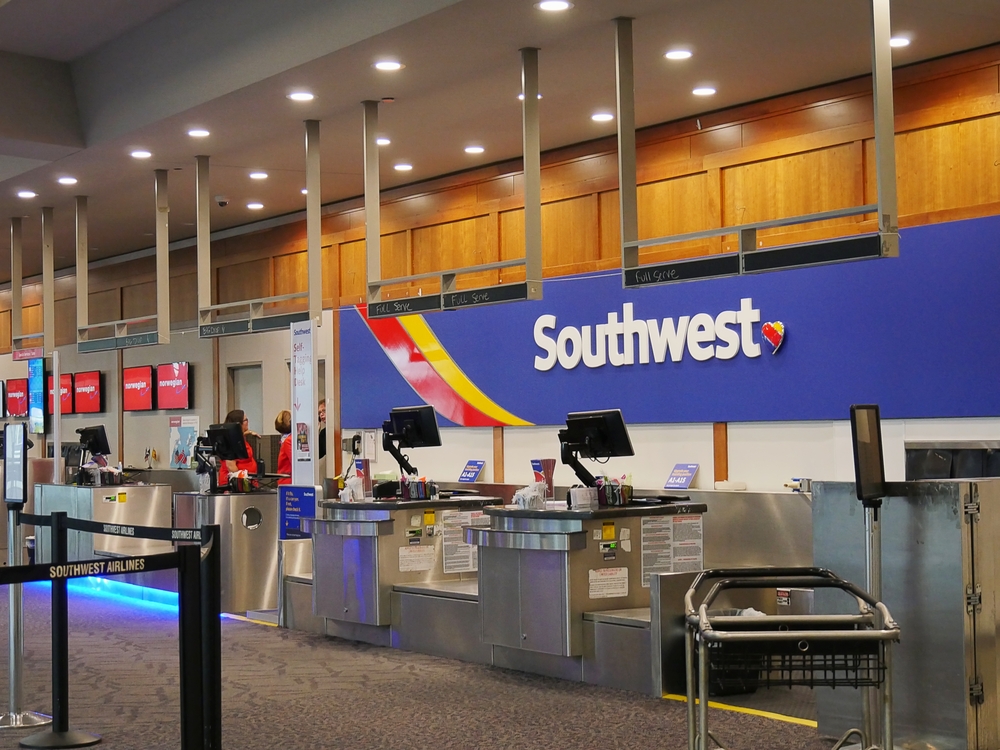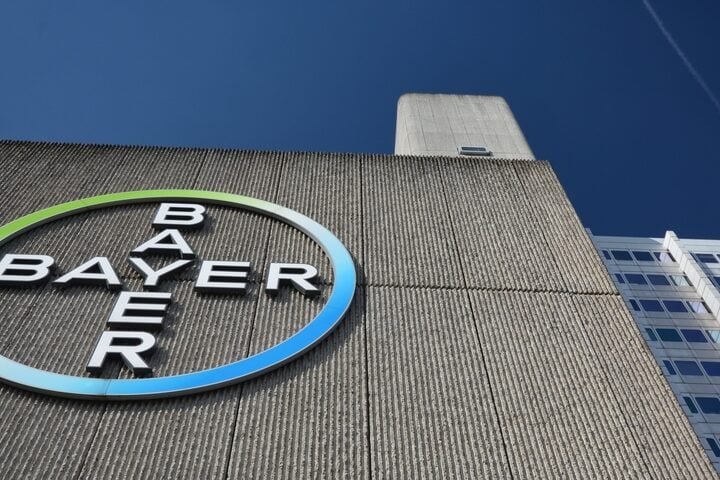Southwest Airlines has reached an agreement with activist hedge fund Elliott Investment Management, effectively averting a potential proxy fight. The deal involves naming six new directors to Southwest’s board, including five from Elliott’s slate and former Chevron CFO Pierre Breber. As part of the settlement, Executive Chairman Gary Kelly will retire earlier than planned, stepping down next month instead of next year, while CEO Bob Jordan will remain in his role.
Board Revitalization and Leadership Changes
The agreement marks a significant shift for Southwest Airlines, which has faced mounting pressure from Elliott to make leadership and strategic changes. John Pike and Bobby Xu from Elliott praised the outcome, stating, “We are pleased to have come to an agreement with Southwest on the addition of six new directors that will enhance and revitalize its board.”
With the new appointments, Southwest’s board will expand to 13 members, just one short of its previous size of 15, after having announced a reduction in September. Elliott had pushed for both Kelly and Jordan’s removal, criticizing the airline’s leadership for failing to implement sales- and profit-boosting strategies quickly enough.
While Kelly’s early retirement was part of the settlement, Jordan’s position as CEO remains secure. Kelly expressed confidence in Southwest’s future under the new leadership structure, stating, “I believe Southwest’s best days lie ahead under the vision and leadership of Bob Jordan and the oversight of this reconstituted board.”
Elliott’s Influence and Southwest’s Strategic Shifts
Elliott Investment Management’s campaign against Southwest primarily focused on shaking up the airline’s long-standing business model. Despite its 50-year history, Southwest has made few changes to its core policies, including open seating and a single-class cabin. In contrast, more profitable carriers like Delta Air Lines have diversified their offerings with premium seating options.
Southwest’s response to Elliott’s criticism has included slashing unprofitable routes to cut costs and planning revenue-generating changes. At a recent investor day, the airline announced new initiatives aimed at increasing earnings before interest and taxes by $4 billion by 2027. These changes are intended to modernize Southwest’s approach and make it more competitive in an evolving airline industry.
Financial Performance and Stock Movement
Despite the shakeup, Southwest’s shares have remained relatively stable, rising more than 1% this year compared to the S&P 500’s 21% gain. On the same day as the deal’s announcement, Southwest also reported its third-quarter profit, which exceeded analysts’ expectations. However, the company’s shares were down 4% in midday trading.
Southwest’s board also authorized a $2.5 billion stock buyback, with $250 million announced as part of the Thursday release. This move is part of the airline’s broader strategy to return value to shareholders while implementing necessary operational changes.
Avoiding a Proxy Fight and Moving Forward
Leading up to the agreement, Elliott and Southwest had been preparing for a proxy fight, with Elliott calling for a special shareholder meeting in December to vote on its board nominees. Originally, Elliott had proposed 10 board candidates but later trimmed the list to eight. The settlement marks the largest board change Elliott has driven in a U.S. company and solidifies its influence within Southwest’s governance.
With the addition of the new directors, Southwest’s board will take on a more refreshed leadership structure. The airline’s earlier decision to reduce the board from 15 to 12 members has now been slightly reversed, bringing the total back up to 13. Elliott’s significant involvement in shaping the new board signals a new chapter for Southwest, which will likely see more aggressive efforts to boost profitability in the coming years.
The agreement between Southwest Airlines and Elliott Investment Management ends months of tension and sets the stage for significant changes at the airline. With fresh leadership and a revamped strategy, Southwest is poised to navigate new challenges while maintaining its reputation as a low-cost carrier. The involvement of Elliott and its appointees signals a more proactive approach to increasing profits, streamlining operations, and staying competitive in an industry that is constantly evolving.







